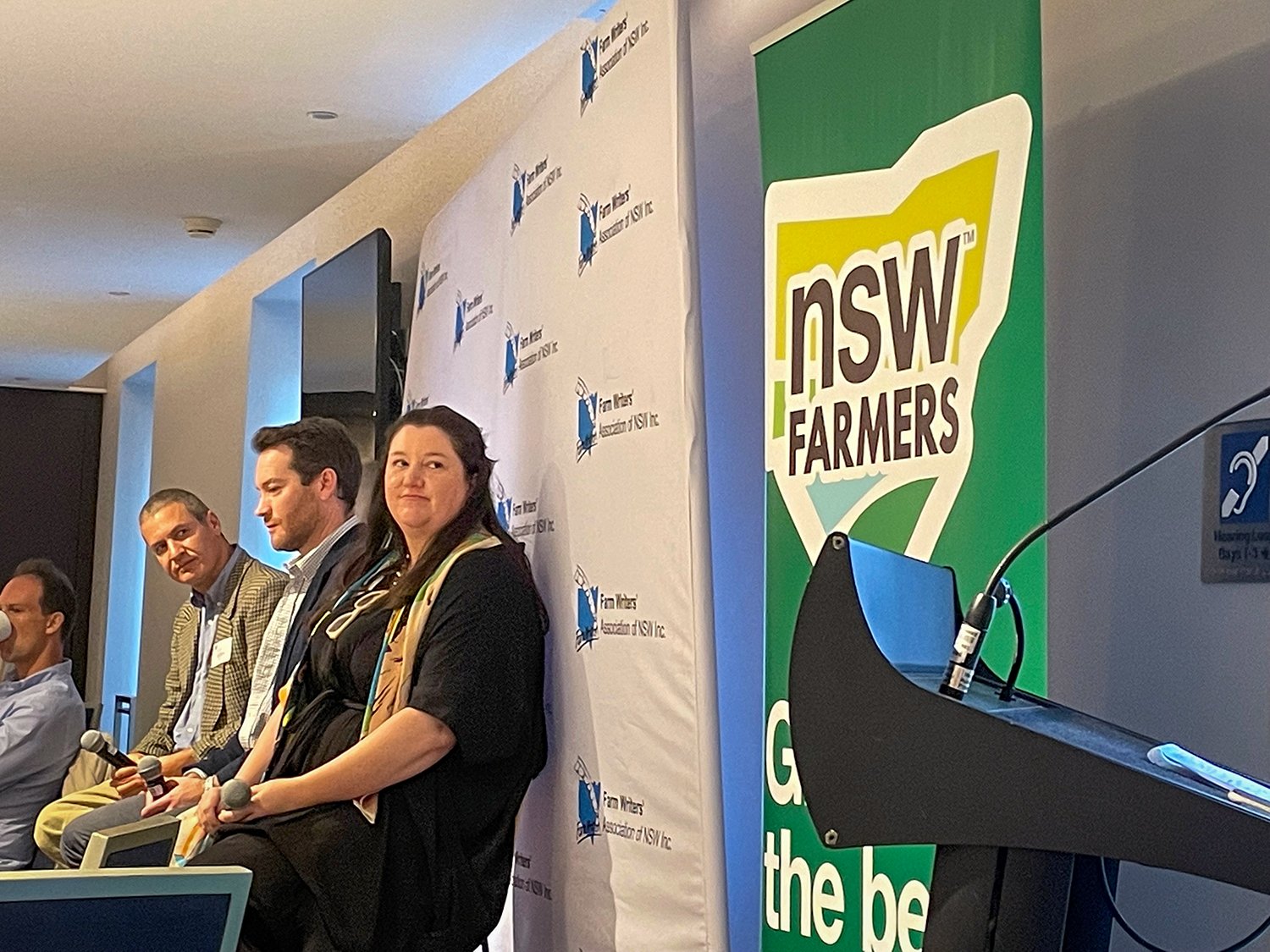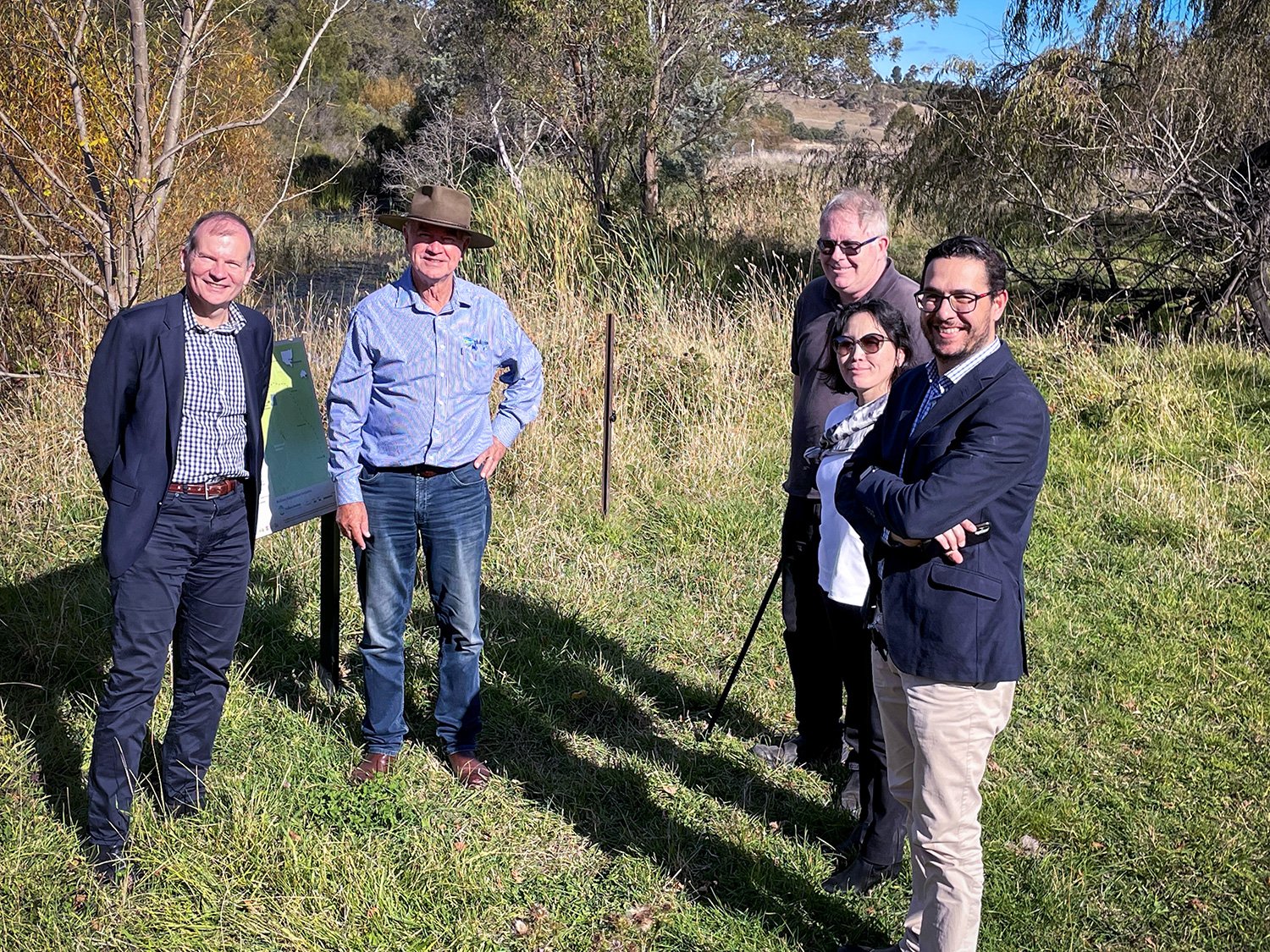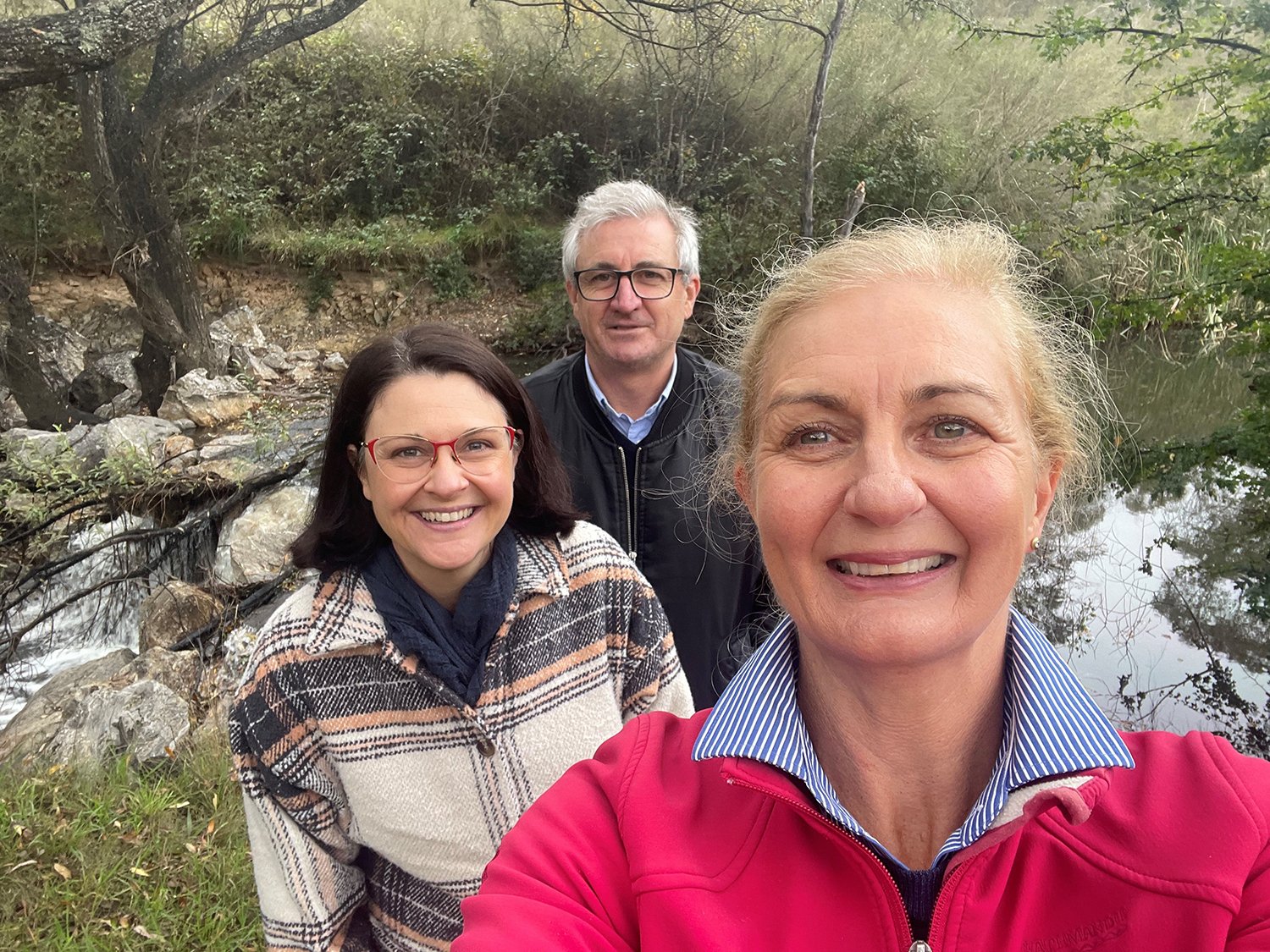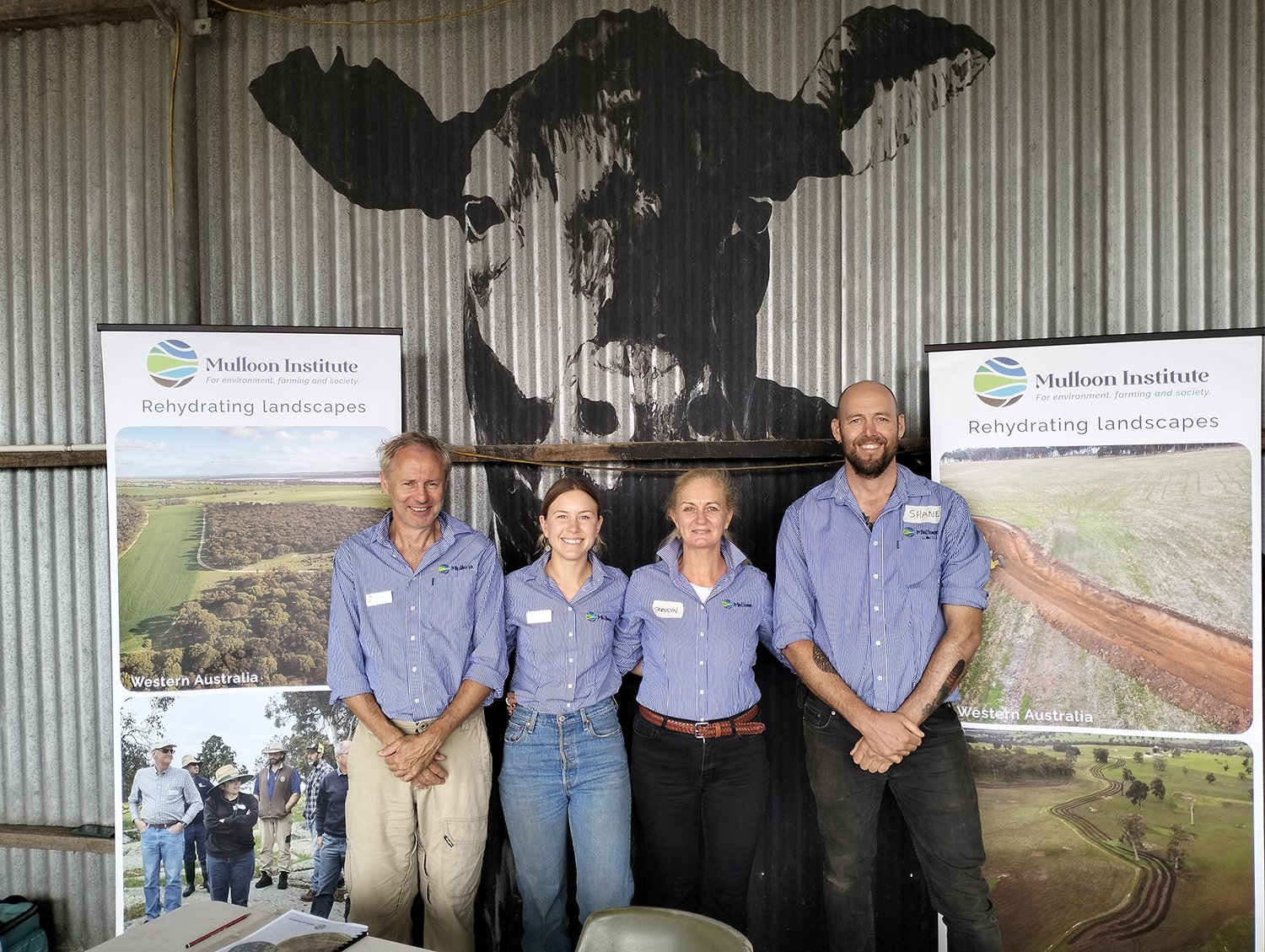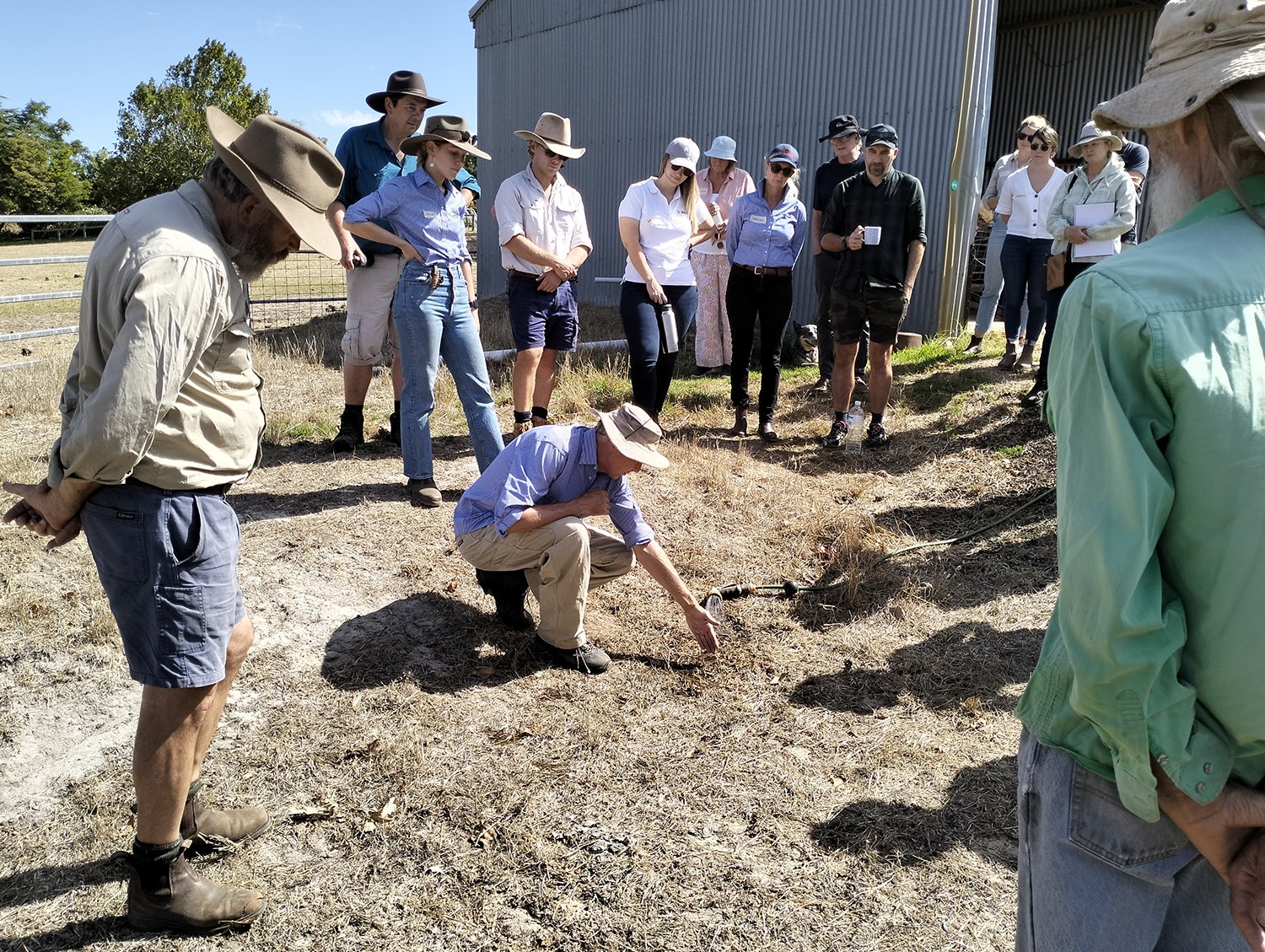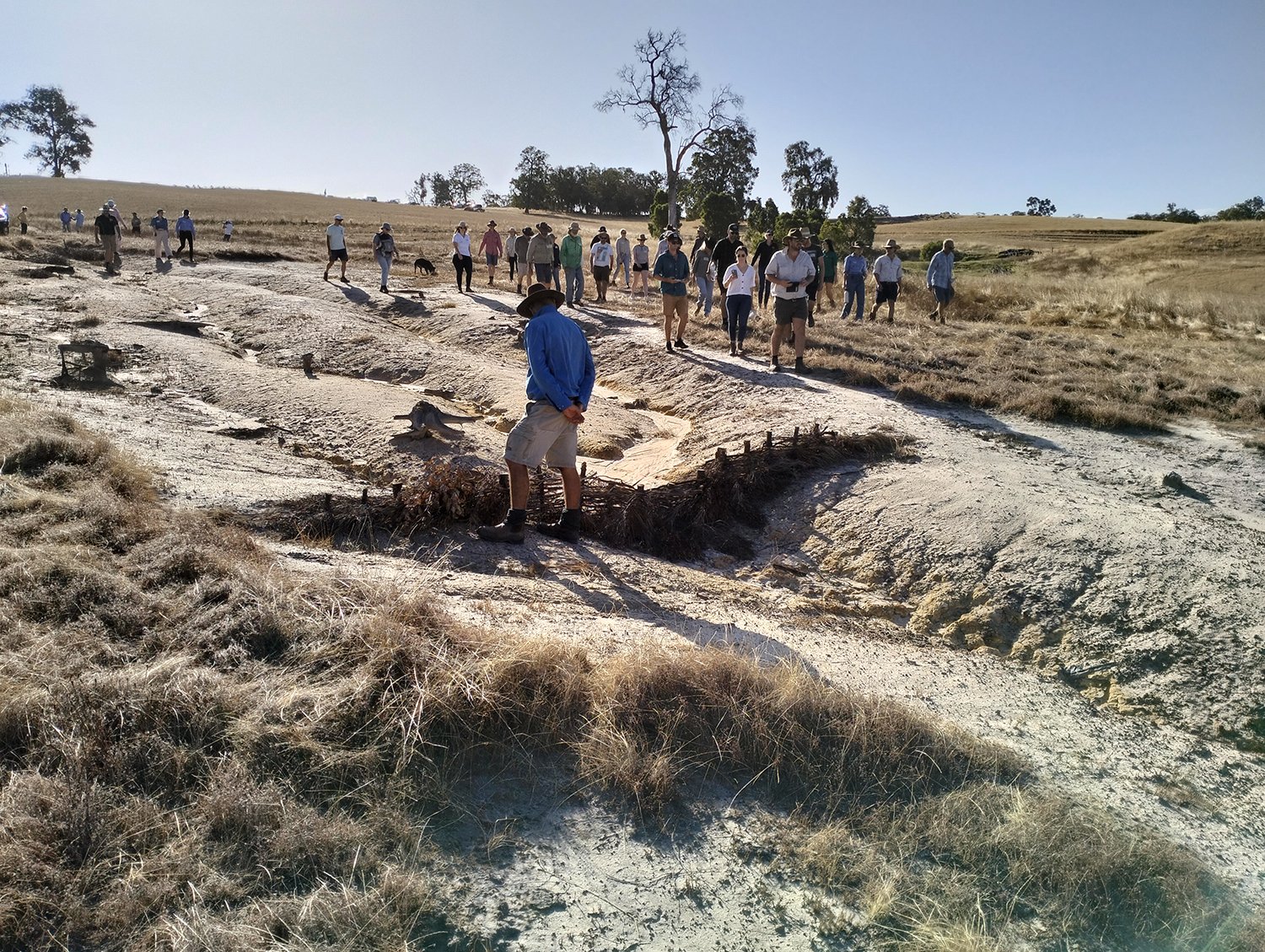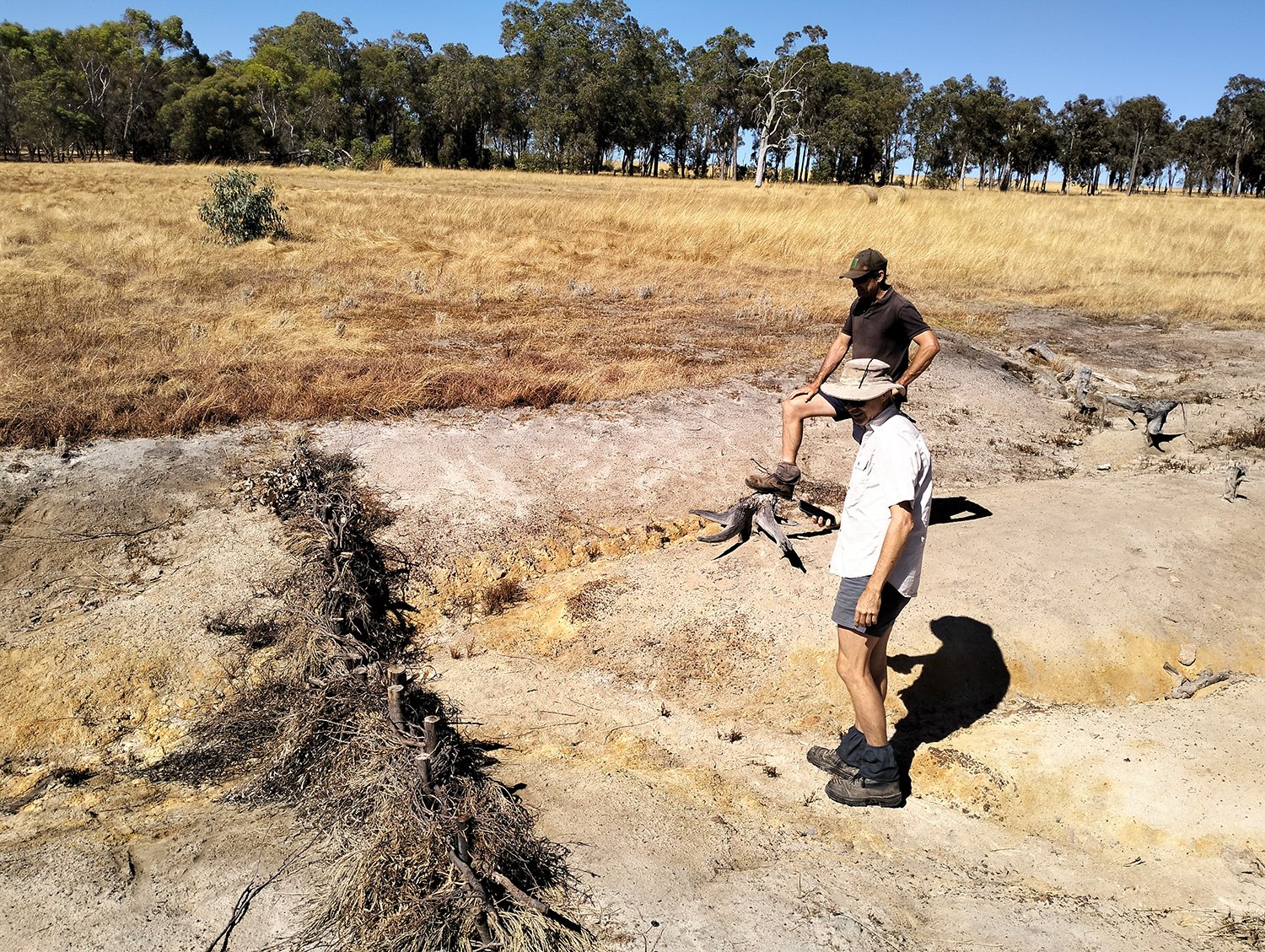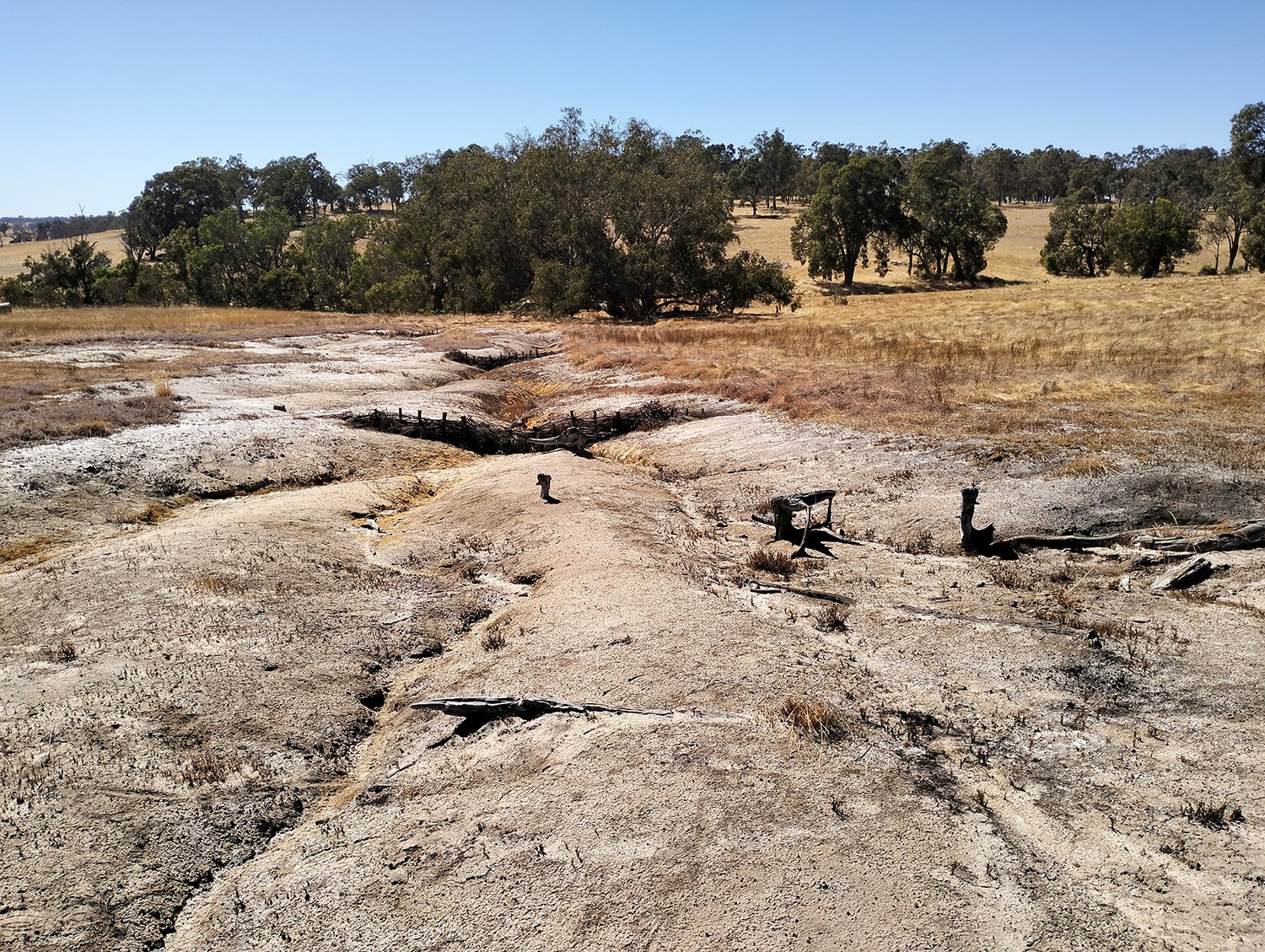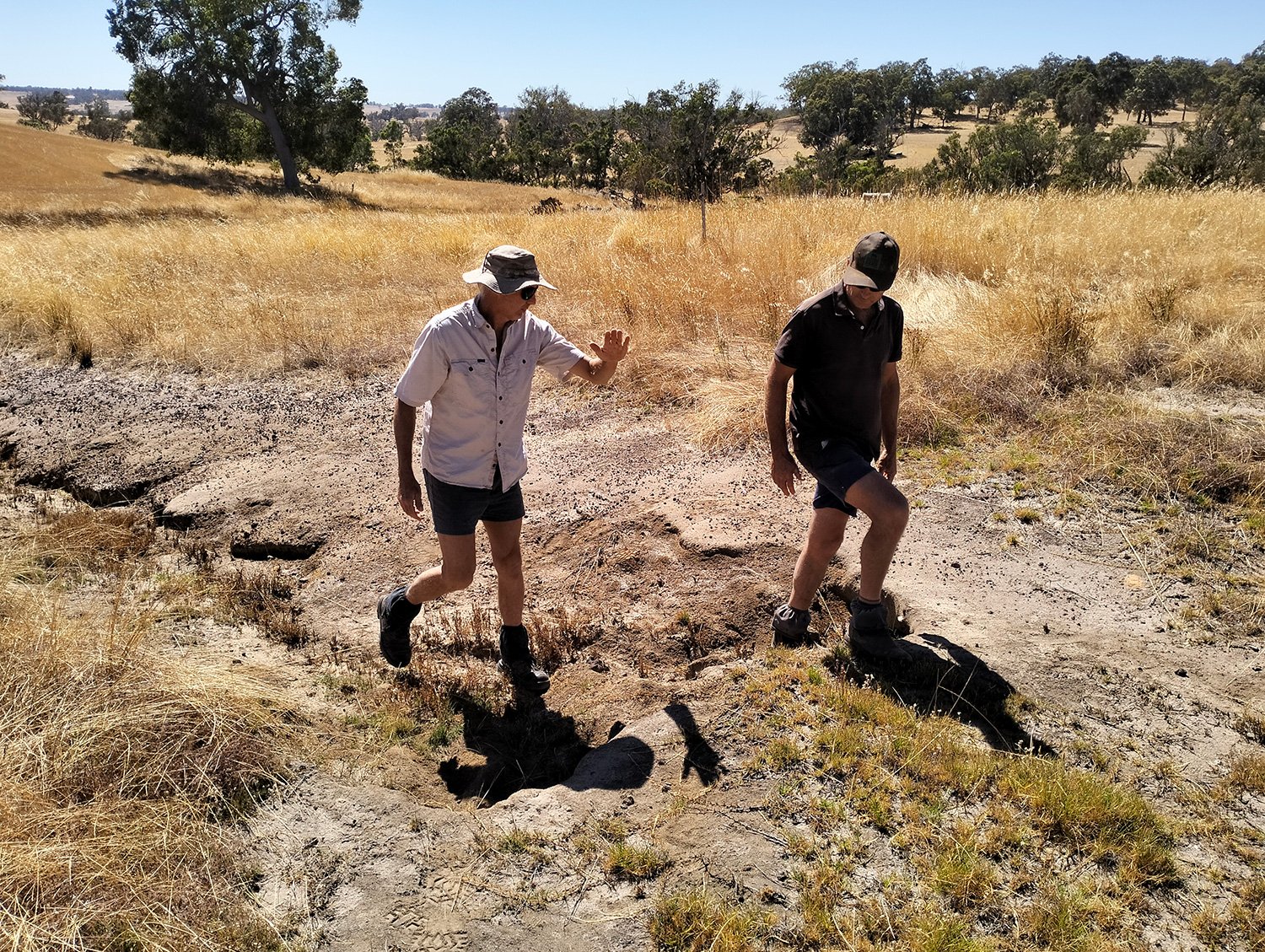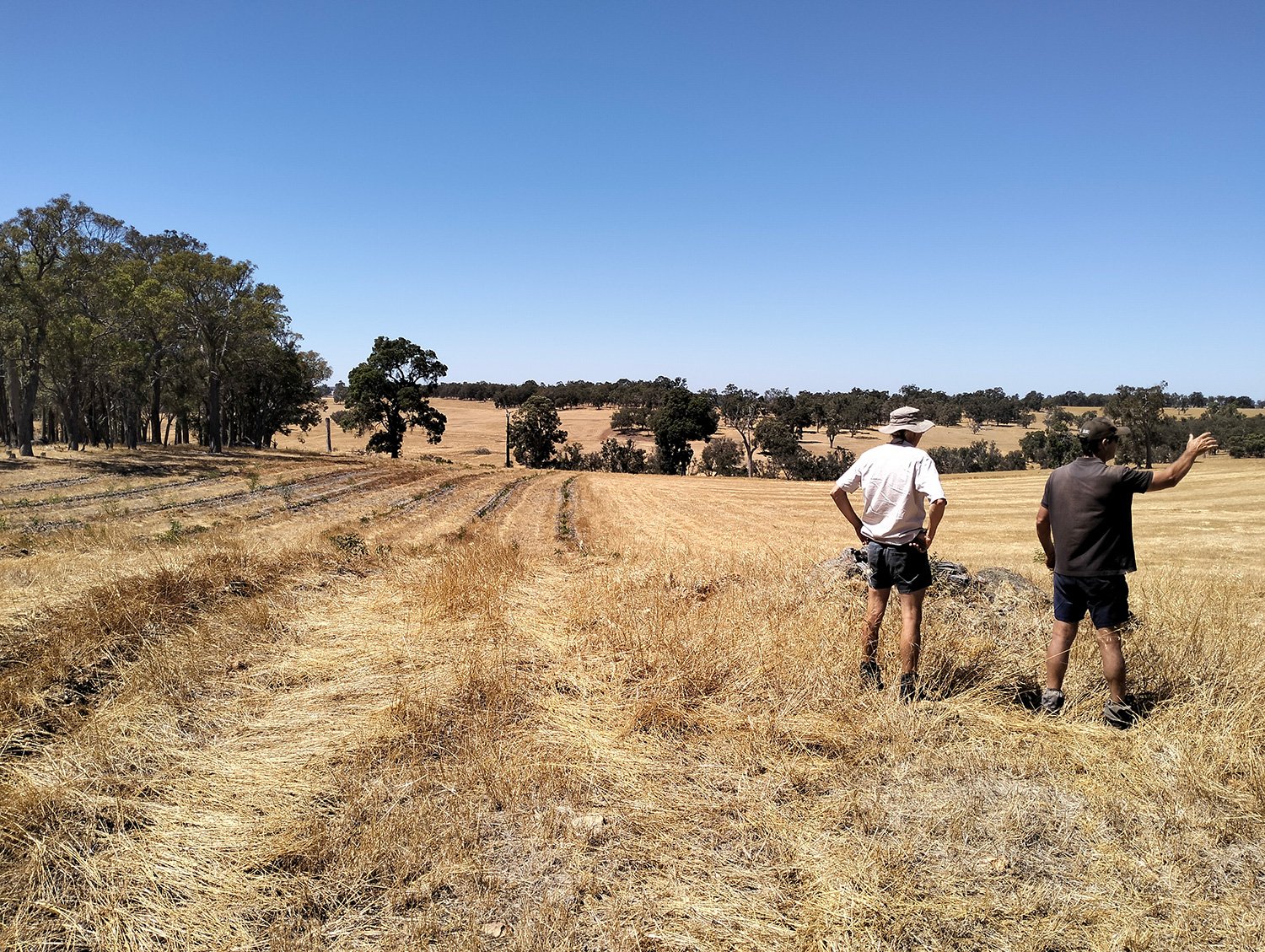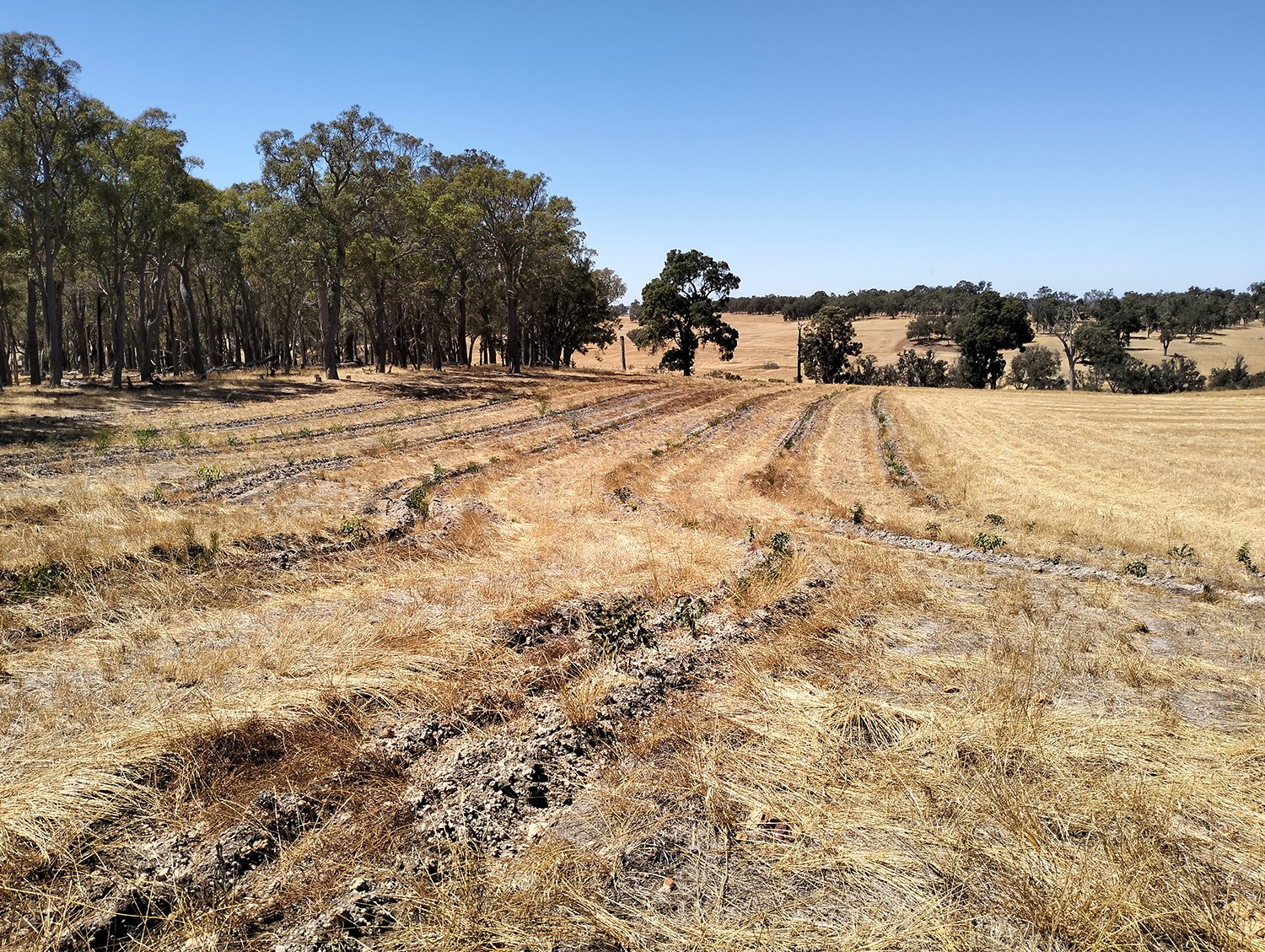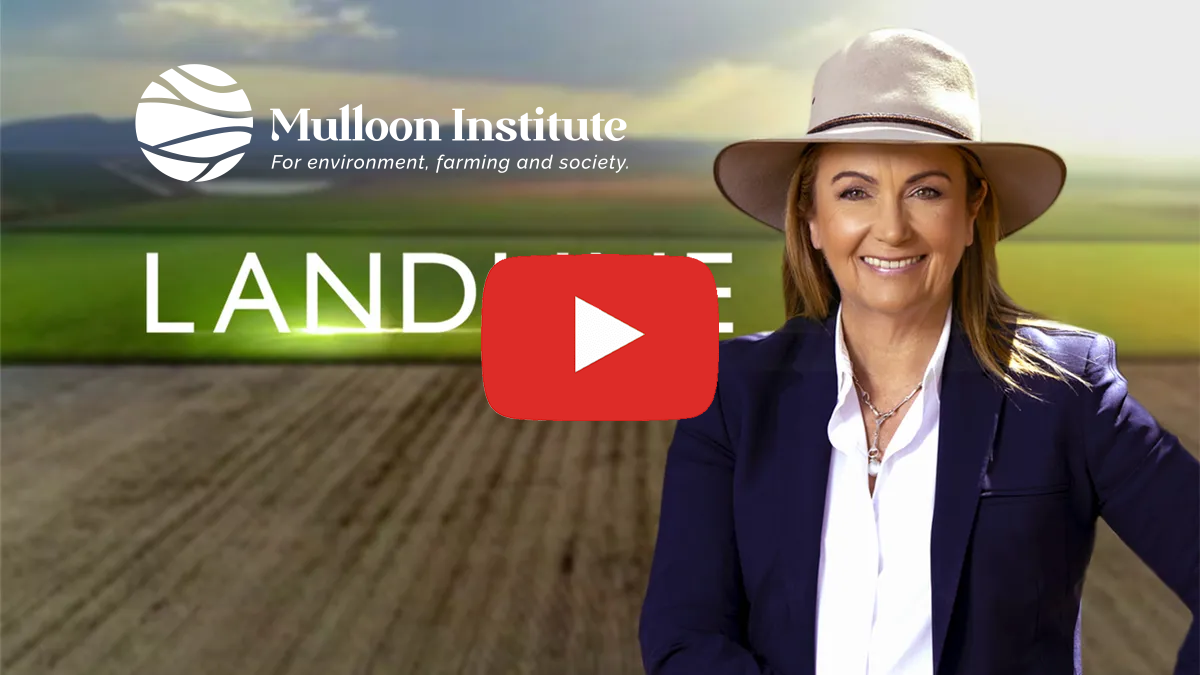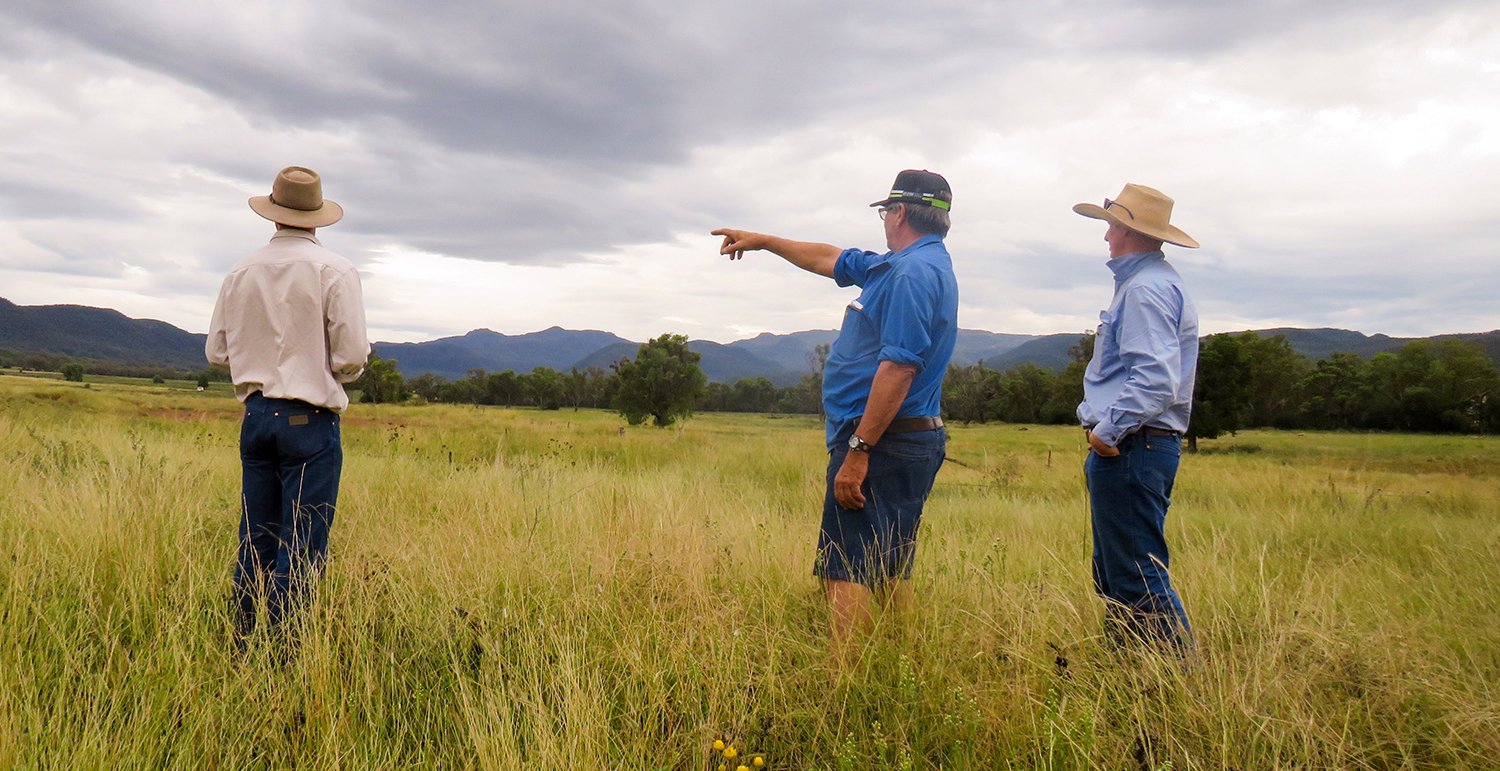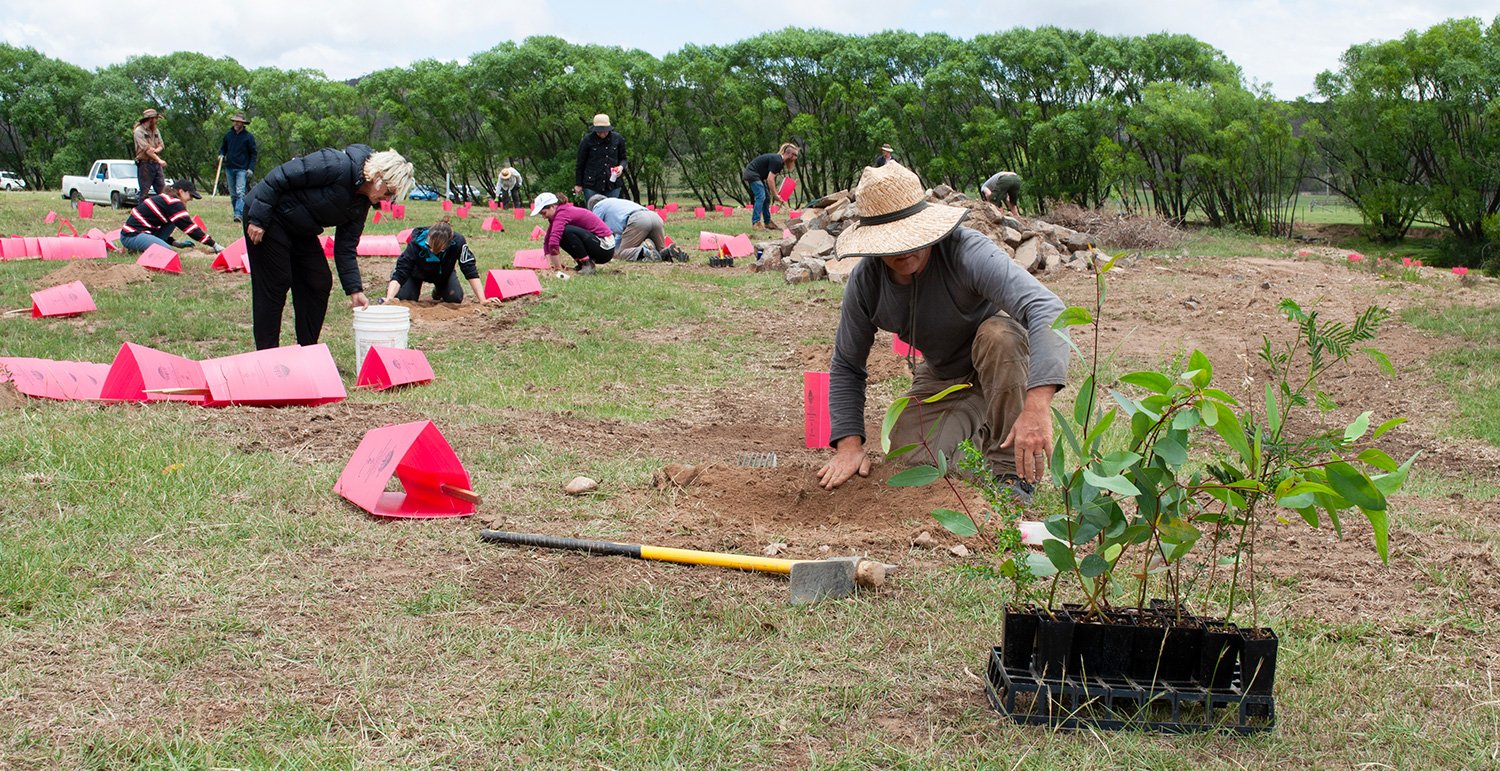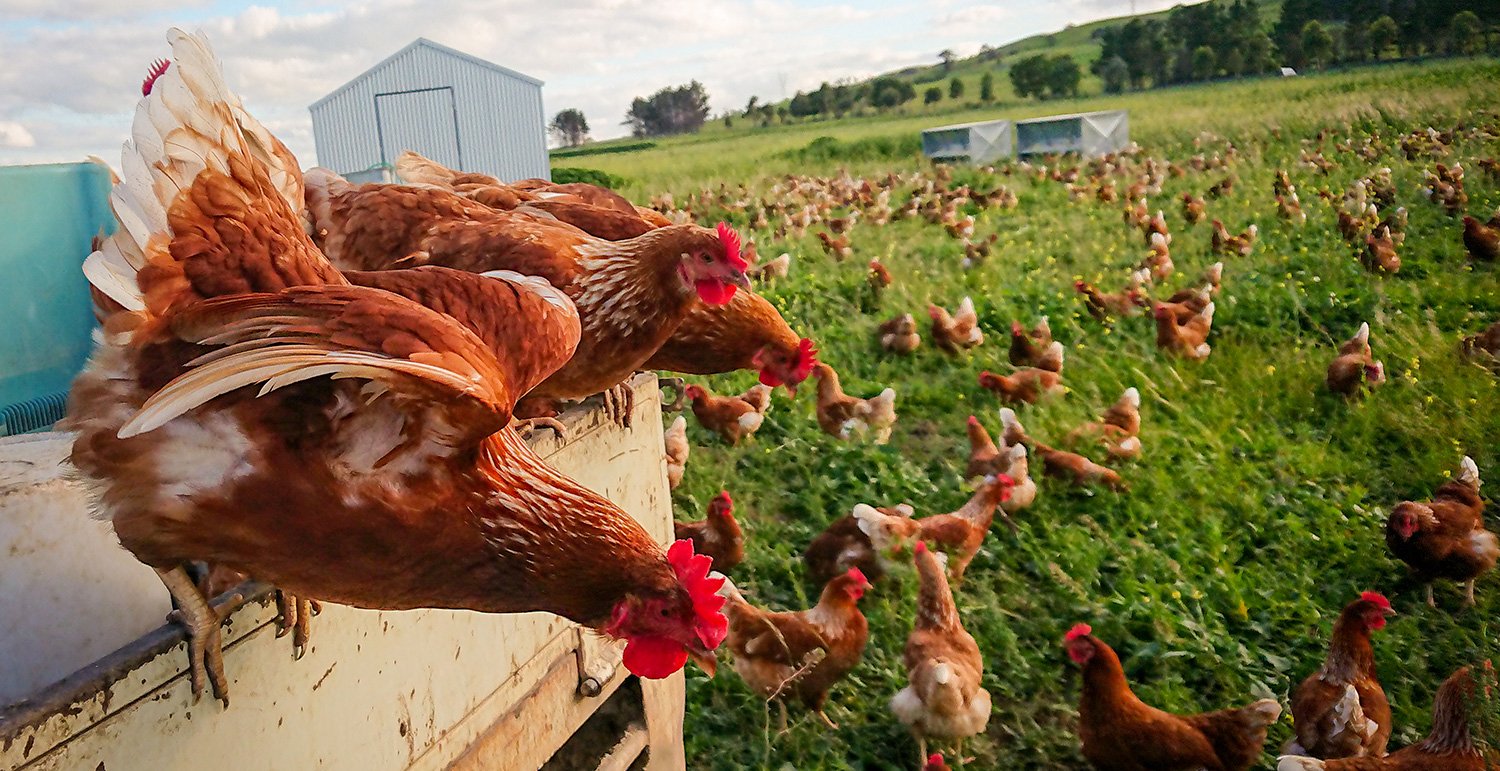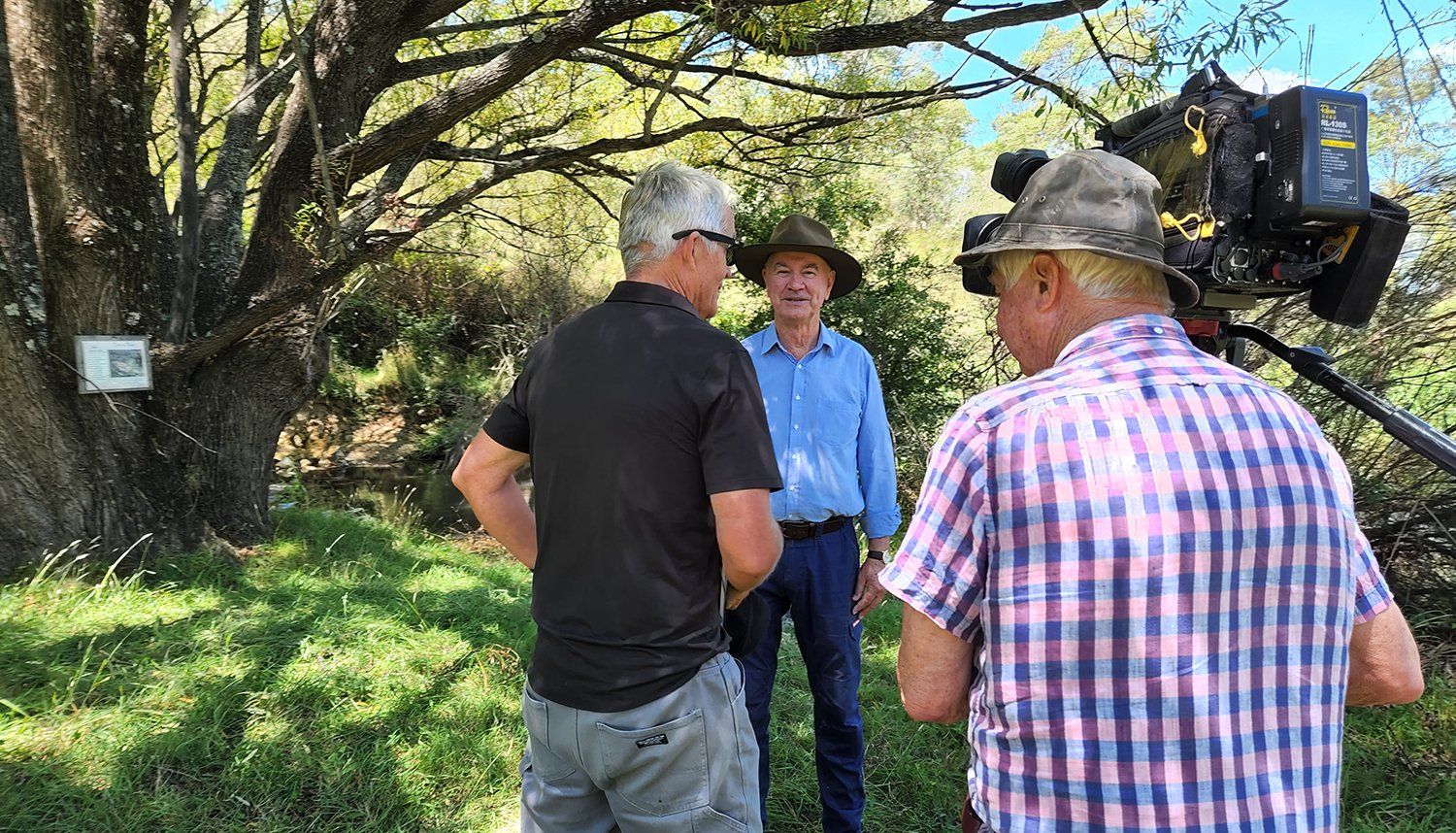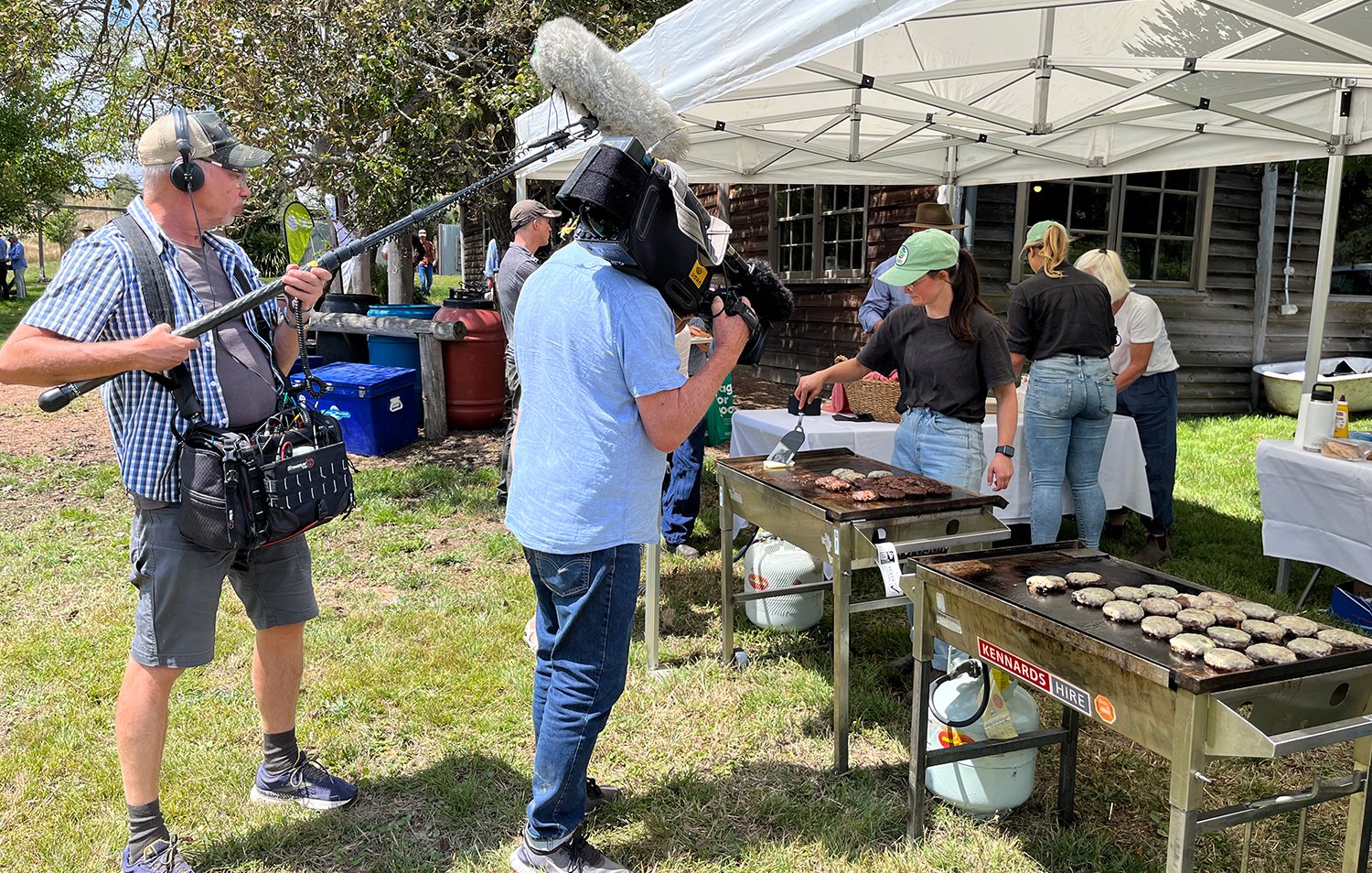Taking a holistic approach to carbon farming presents the opportunity to not only benefit your farm’s productivity and profitability, but also the health and function of your whole farm landscape and ecosystem.
Recently, the Carbon Farming Foundation and Mulloon Institute collaborated on a project at Paraway Pastoral in Boyup Brook. The Mulloon Institute helped develop their whole farm plan, with landscape rehydration at its’ core. The CFF helped to design the carbon farming approach within that whole farm plan.
Tune in to this month’s educational webinar with special guest Carolyn Hall from the Mulloon Institute to learn about rehydration strategy and tactics implemented at Paraway Pastoral in Boyup Brook.
The CFF exists to make it as easy as possible for farming businesses to tap into the carbon farming opportunity and accelerate towards carbon neutrality.
We enable farmers to have 100% control of their carbon crops, meaning they come away with 100% of their carbon credits.
Our carbon farming services and solutions are good for the planet and our customer’s bottom line. We operate under a flexible and transparent delivery model that gives farmers the freedom can pick from a menu of our services that best match their project requirements and budget.

